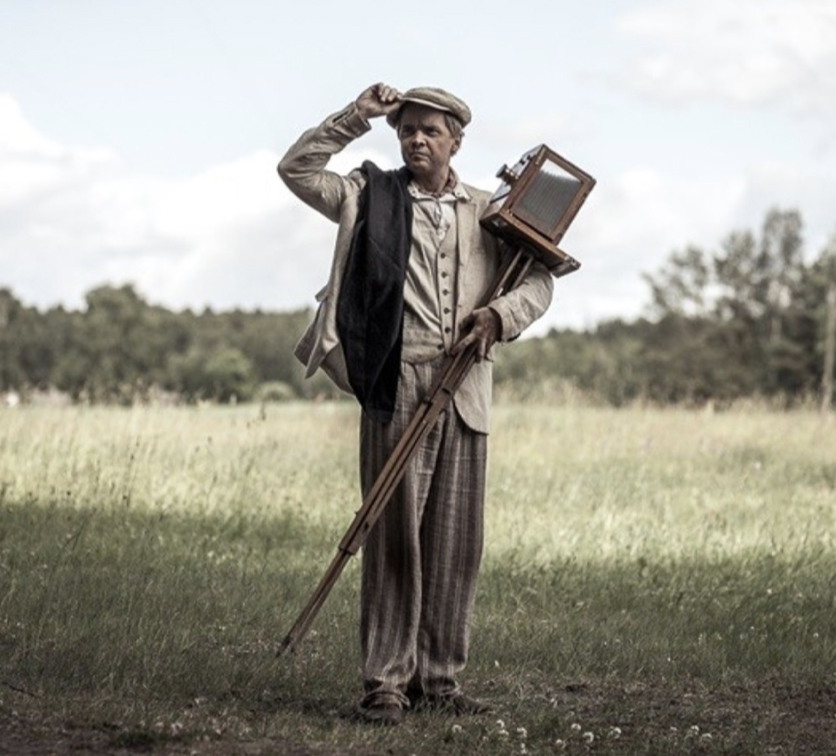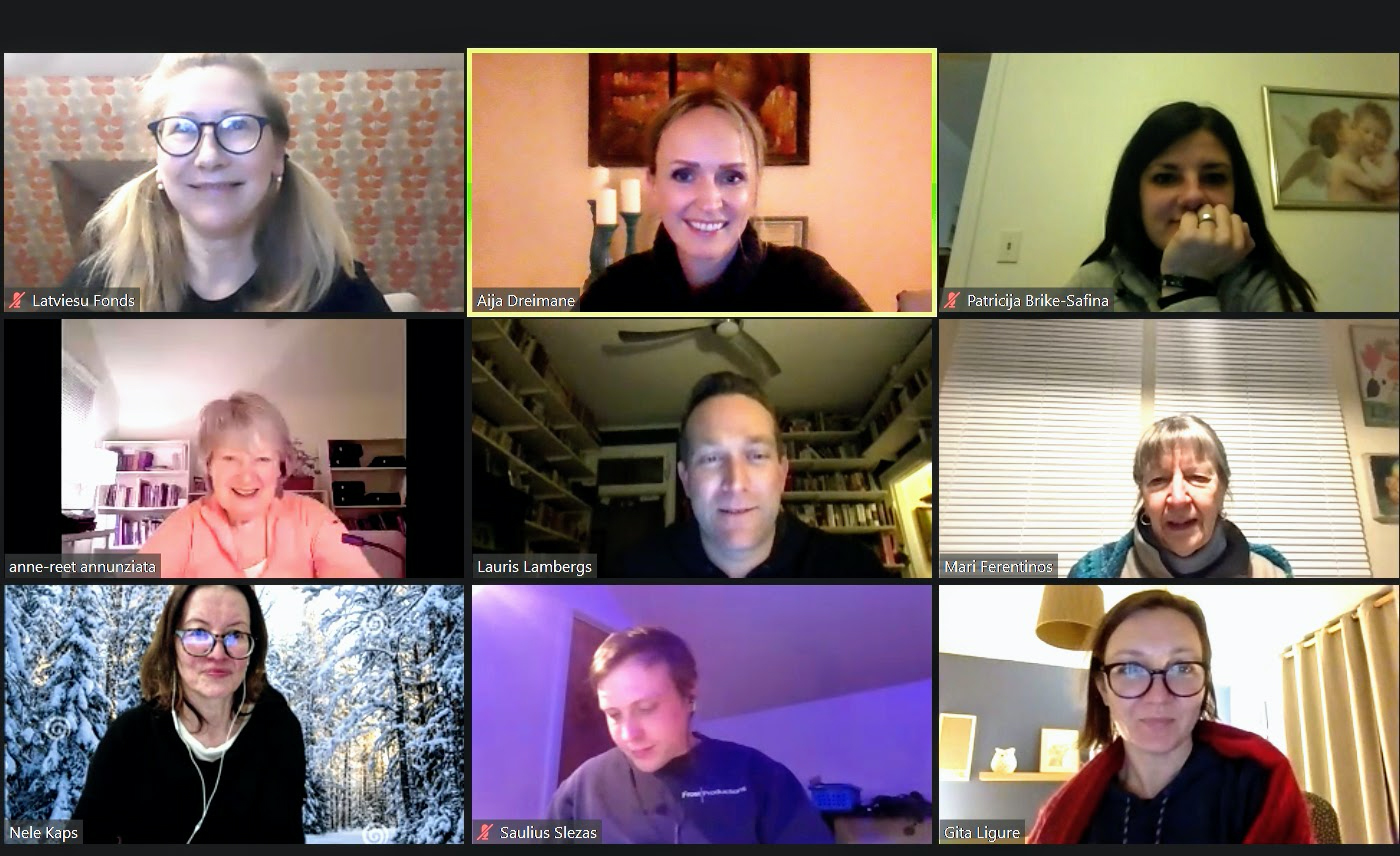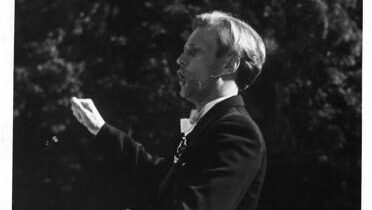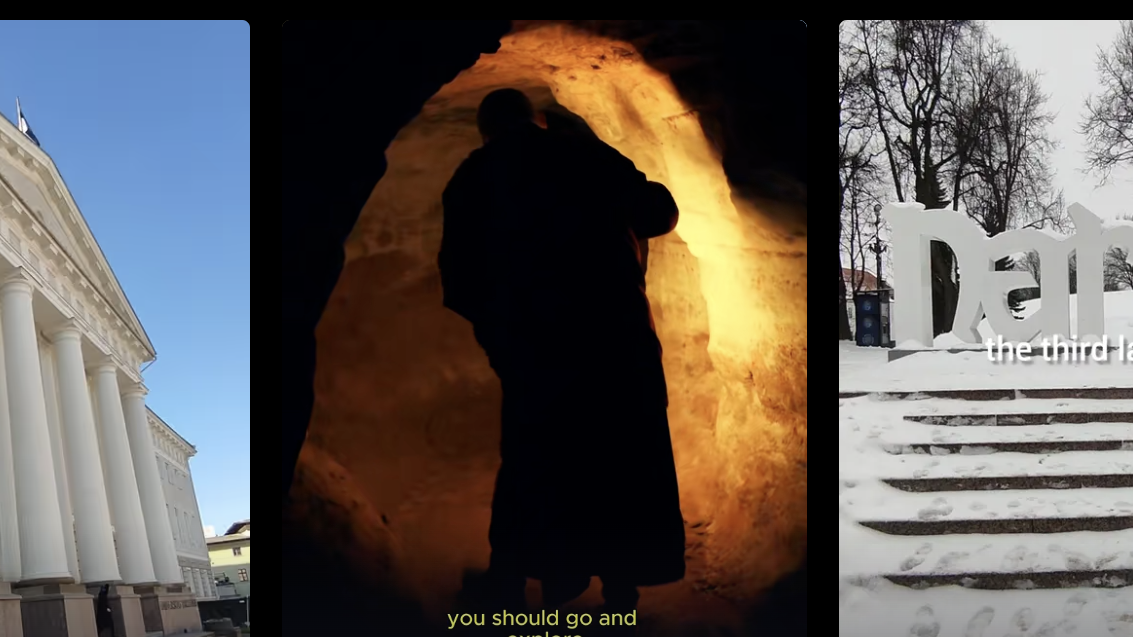Of the three films streamed, the Estonian film, Johannes Pääsuke – Tõeline Elu, had by far the most viewers. People from four countries, USA, Canada, Latvia and Estonia, purchased tickets. Within the USA, the viewers were from 20 states, mostly from Massachusetts, followed by New York, New Jersey, Connecticut and California. We estimate that 57% of the audience were Estonians, 28% Latvians, and 15% were Lithuanians or Americans.
The committee for the BBFF consisted primarily of nine members, three representing each of the Baltic countries. The entire festival was planned, organized and managed entirely online through countless Zoom meetings and phone calls. We never met in person. Several of us, however, had worked together on the Baltic Centennial film festival in 2018 and then again for the 2019 BBFF. The Estonian members were Nele Kaps, Anne-Reet Annunziata and Marilem Ferentinos.
The Estonian film which was watched during Easter weekend brought many raving reviews from both Estonian and non-Estonian viewers:
“So different from American/Hollywood fare. No happily ever after ending. Evoked another time and age – and the characters and people were amazing. How does one find them? Loved the way both the “wealthy” cameramen and the servant girl and village disabled person were both “outsiders” in this very tight community. The sense of belonging and pride in traditions, and the price of conformity. The wedding scene was almost out of Breugel (“La Kermesse”). Also like the tone of the color, almost like a faded color photo, or one that was hand painted, as they used to do before color film.”— Margot
“The Baltic Film Festival has gotten off to a terrific start and we really enjoyed the film and the interview with the director. While it would be great to be there in person, the virtual film festival is still a pleasure.” — Diane
“For me it has been a thrill to watch the Baltic Film festival movies for multiple reasons not just for the fun of it but to learn something new. For the first Estonian Movie: “it was about learning more about the similarities and differences between our historic cultures and our countries beautiful landscapes. Just beautiful!” – Inga
“How intriguing it was to see film clips from 1912 meshed into a modern-day comedy! I am not sure which I preferred more, the actual film “Self-Made Cameraman” or the interview with the cinematographer that followed. Perhaps, both were equally enjoyable!” — Marite






